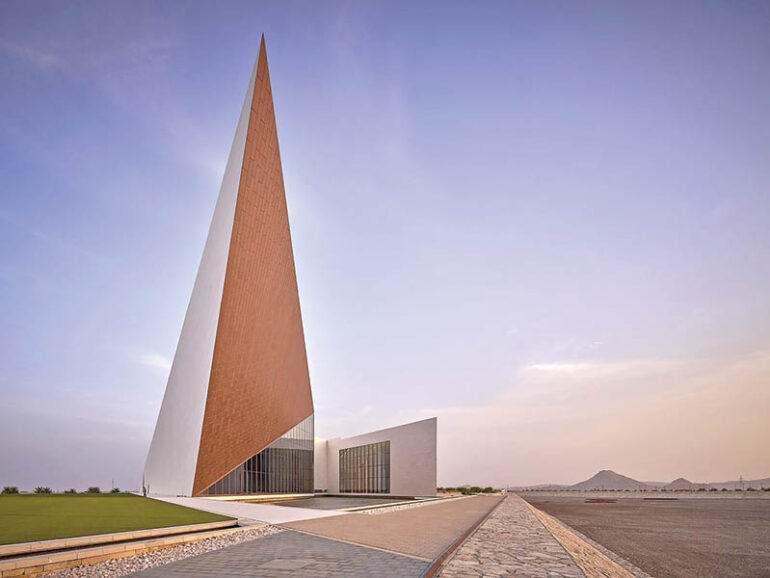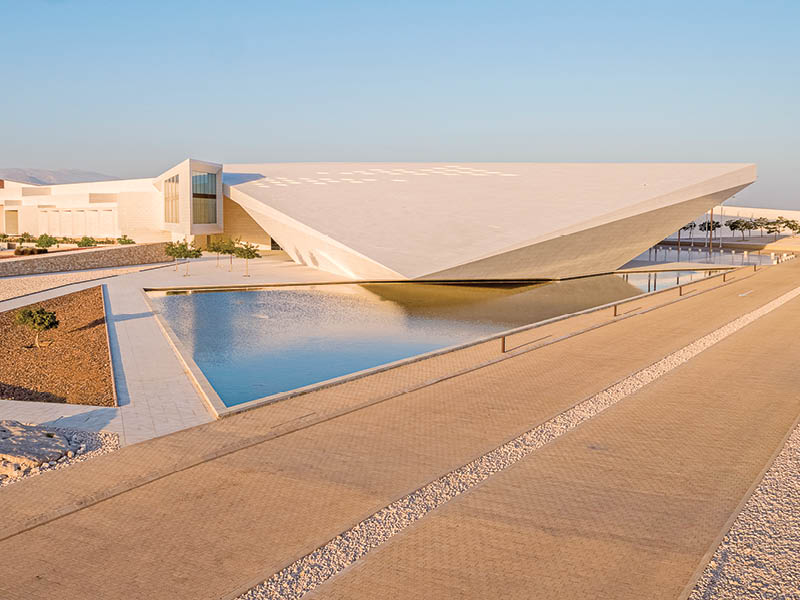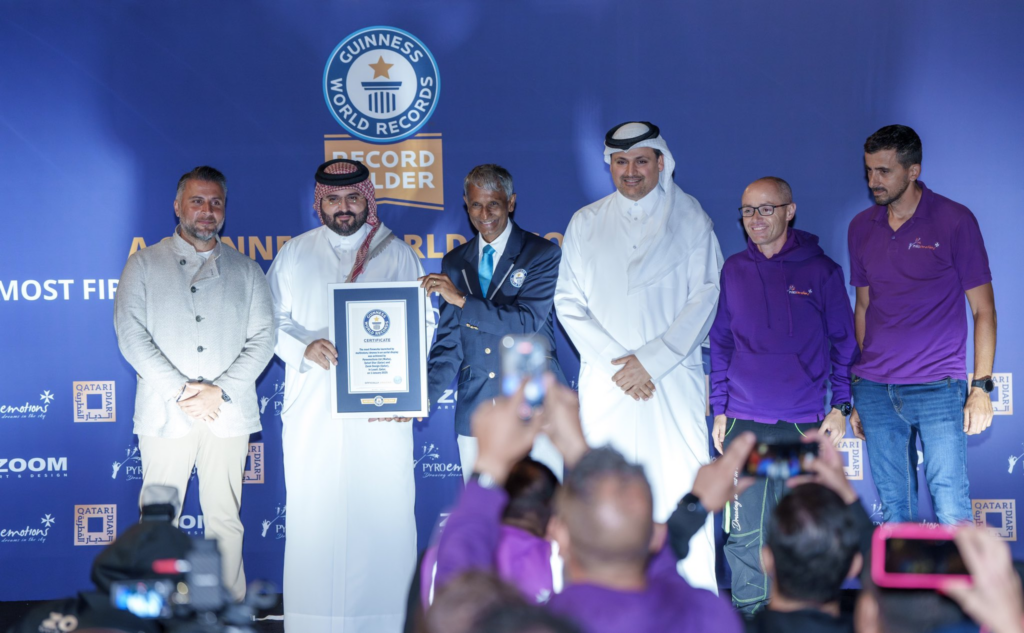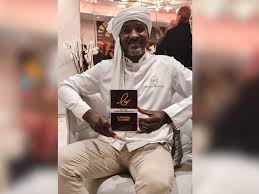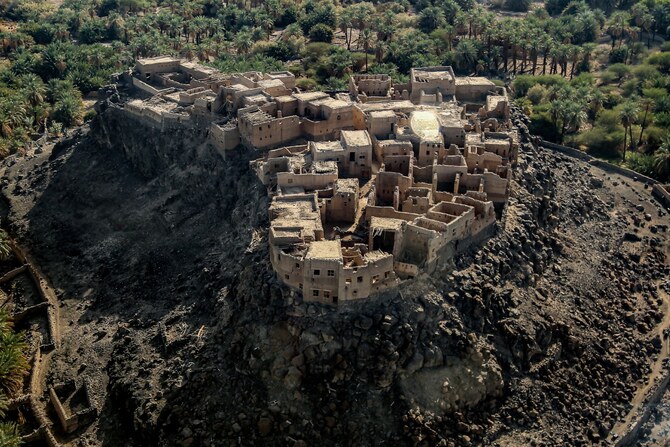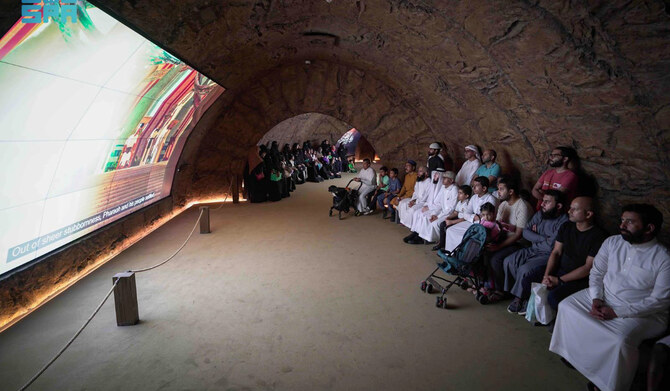Pilgrims recreating historic 8,000 km route used by Andalusian Muslims
Three friends rode on horseback from Spain to Saudi Arabia to perform the Hajj, reviving a pilgrimage route last used by Andalusian Muslims more than 500 years ago.
They reached Saudi Arabia’s Northern Borders region last week in time for Hajj after travelling through Spain, France, Italy, Slovenia, Croatia, Bosnia, Serbia, Turkiye, Syria and Jordan on a 8,000 km (4,970 miles) journey.
The three Spanish Muslims, Abdelkader Harkassi, Abdallah Hernandez and Tariq Rodriguez, are fulfilling a long-held ambition after embracing Islam 35 years ago.
The three riders are accompanied by Bouchaib Jadil, a construction master living in Spain, who is providing logistical support to the team by leading the way in a car.
It all started when Abdullah Hernandez reverted to Islam 35 years ago.
He told Arab News about how he felt grateful toward Allah for blessing him with guidance — Heidaya — and he promised to complete the Hajj pilgrimage the way his Andalusian ancestors did.
The team practiced for two years before setting off in October 2024 from Al-Monaster Mosque, south of Spain.
After crossing the border of Jordan on May 2, the three Spanish friends arrived in Qurayyat city in Al-Jawf Province, in northern Saudi Arabia on Friday after a remarkable seven-month horseback journey.
During their stop in Qurayyat, the pilgrims were hosted by the head of Al-Haditha Center, Mamdouh Al-Mutairi, who welcomed them to the Kingdom and wished them a pleasant stay and an acceptable and easy Hajj, meeting with students and supporters.
The pilgrims were received with a warm welcome from the residents of Qurayyat, who posed for memorable photos with them.
Hernandez told Arab News: “The team is very excited as we are getting closer to Makkah and Madinah. These holy cities are very special to us, and we have been dreaming of reaching them for a long time. Our hearts feel full of love and hope, and we are looking forward to this moment with deep respect and happiness.
“Through this journey we want to recover a historical Andalusian route from Spain to the Harram of Makkah. It is also a trip of challenges where every step is felt by us and the horses, but also is a journey for the soul,” he added.
One of the Hajj pilgrims, Harkassi, said they were happy to revive a lost tradition. He added that the team saved money and trained for several years for the journey.
He said: “We embarked on this journey with pure intentions to realize the Hajj.”
He added: “We are almost there, and hopefully, the rest of the journey will be easier.”
Their journey, spanning diverse landscapes and extreme weather conditions, is being shared with followers on social media.
“Crossing borders has been the biggest challenge. Some countries were more difficult to cross than others as horses are not considered a mode of transport anymore, but instead they need to be ‘imported’ into each country as livestock, but Alhamdulillah, we have managed to complete all the paperwork so far,” said Hernandez.
Their expedition, known as “Hajj on Horseback,” was warmly welcomed by Muslims and non-Muslims. Hernandez added: “We’ve been received with open arms everywhere we’ve gone — each country has somehow managed to be even more welcoming than the one before, MashAllah.
“Whether in Muslim or non-Muslim countries, people have shown incredible hospitality: Inviting us into their homes, sharing meals with us, listening to our stories and engaging in meaningful conversations about Islam.
“The warmth we’ve experienced in Muslim countries has been especially profound, reflecting the deep sense of unity within our Ummah. This beautiful spirit is clearly visible in our recent videos from Turkiye and Syria.”
The team set off with limited funds, but received support from local Muslims along the way to finance the costs of the unique journey.
source/content: arabnews.com (headline edited)
__________
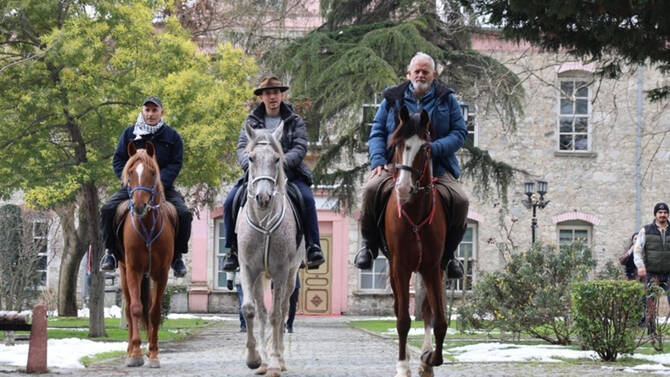
Abdelkader Harkassi, Abdallah Hernandez and Tariq Rodriguez are fulfilling a long-held ambition by completing a historic Hajj pilgrimage on horseback. (Supplied)
_______________________
HAJJ ON HORSEBACK
